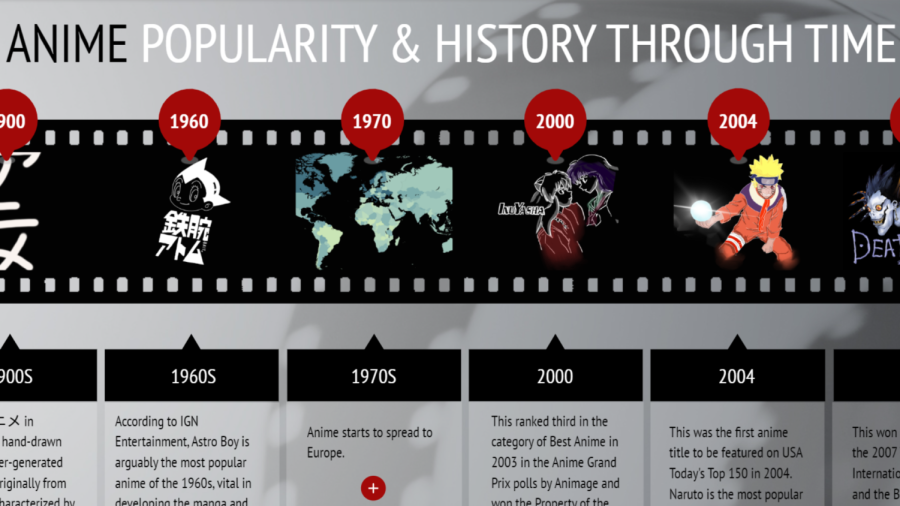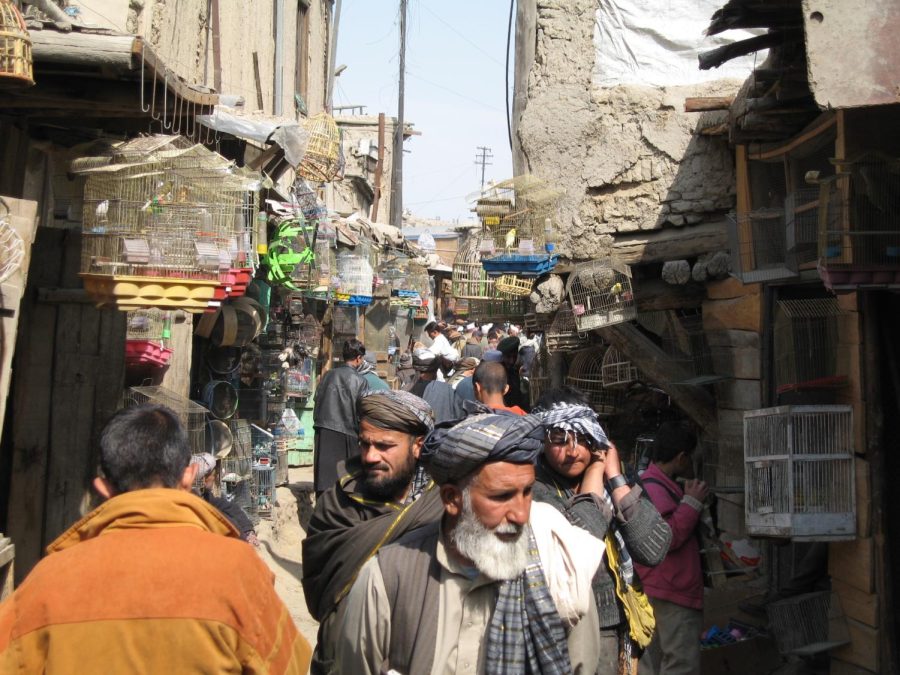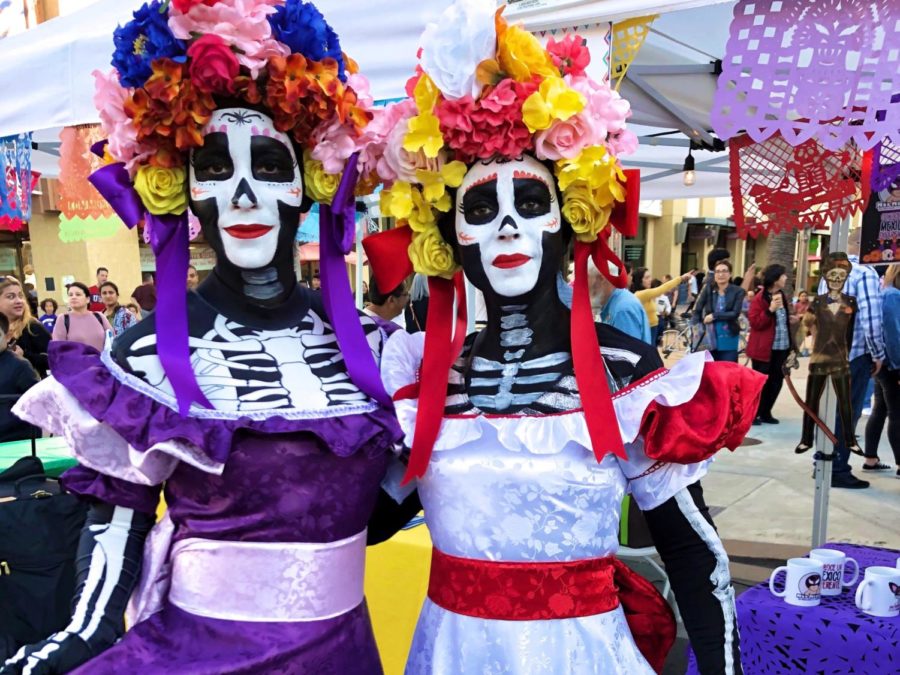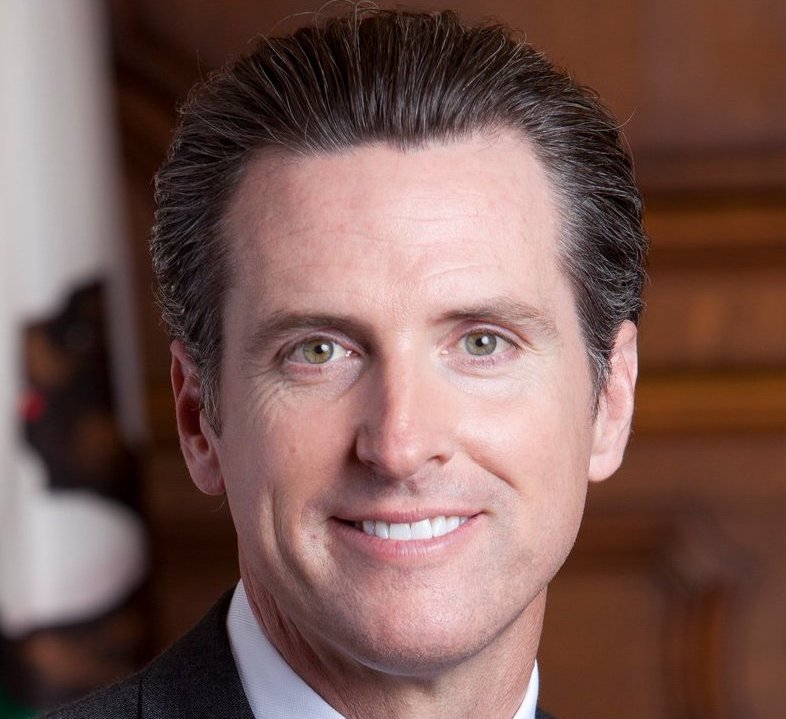Carlmont is a very diverse school full of different religions; including smaller religions like: Hinduism, Sikhism, and Baha’i.
Hinduism is the third largest religion in the world with 979 million followers according to the CIA World Factbook. It is a polytheistic religion where a family may worship one or many gods, Vishnu, Shiva, and Devi being the most common gods. Hinduism’s most important religious texts are the Vedas, the Upanishads, and the Bhagavad-Gita.
Carlmont sophomore Aarooran Durairaj, a Hindu, described karma as: “The deeds in this life will affect your next life and the deeds in your past life affect you now.”
In Hinduism, the soul is eternal and cycles through birth, death, and rebirth until one’s soul reaches moksha, the freedom from the cycle of rebirth.
Sikhism is the fifth largest religion in the world with 24.6 million followers according to the CIA World Factbook. Sikhism was founded by Guru Nanak and since then nine other gurus have succeeded him.
Their holy text, the Guru Granth Sahib, is the ultimate authority of Sikh morality and belief.
“People think we’re Muslims from the Middle East, when we’re actually from India and branched out from Hinduism into our own religion,” said Carlmont sophomore Ravina Gujral, a Sikh.
Sikhs broke off from Hinduism in the fifteenth century because Sikhs believed in one all-powerful God and rejected the old Hindu ideas of caste, class, and gender discrimination.
Sikhs have the same principle goal of escaping the cycle of rebirth as Hindus.
Baha’i is the seventh largest religion in the world with 7.7 million adherents according to the CIA World Factbook. The religion was founded by Mirza Husayn-Ali, known as Baha’u’llah.
Baha’u’llah wrote many religious works such as the Kitáb-i-Aqdas and the Kitáb-i-Íqán. These works teach that mankind is one race and needs to unite under one God. This religion believes that all prophets from all religions are prophets from God.
Though these religions aren’t as widely practiced here, they still play a major role in peoples’ lives.






